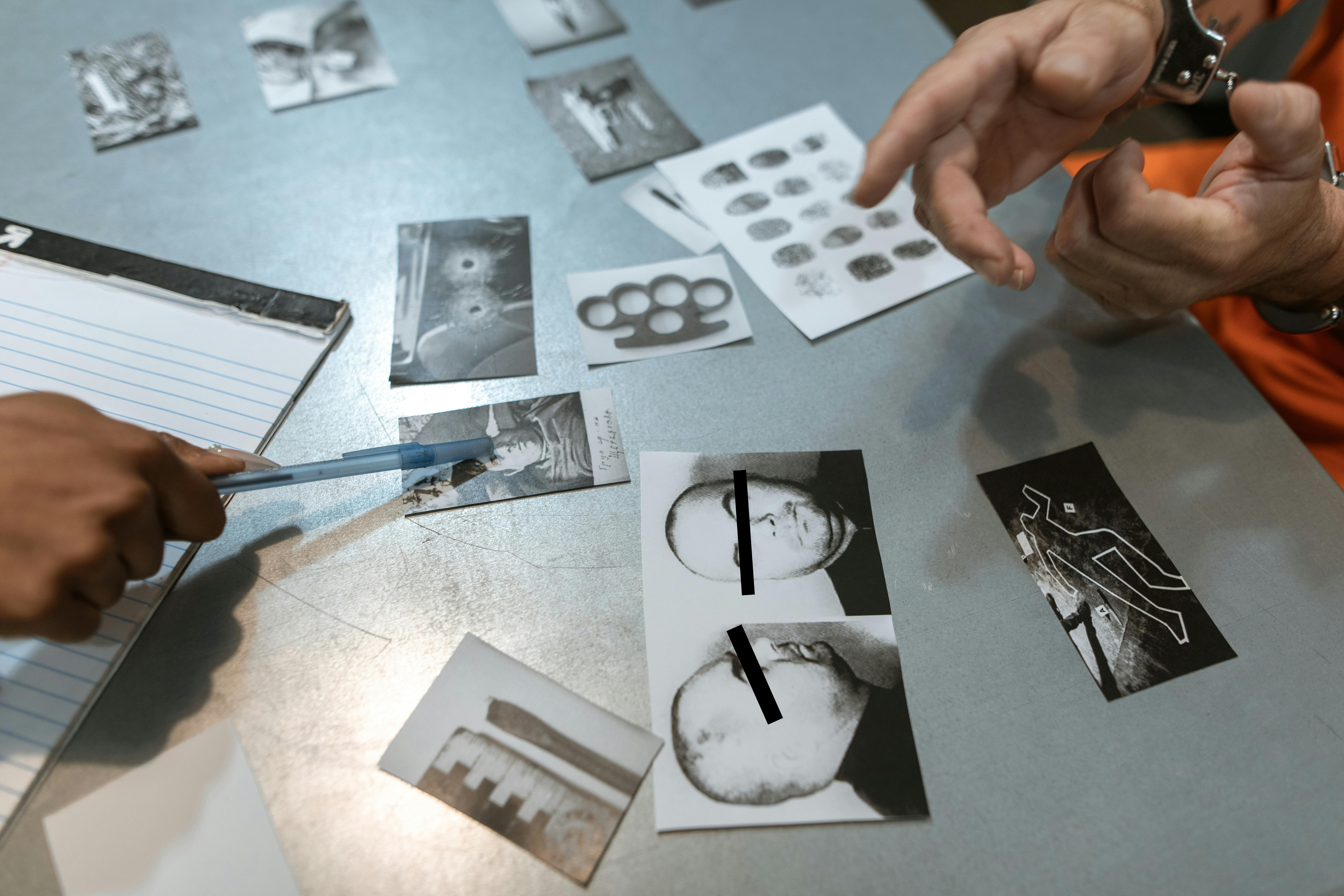The end of the tour, on the road with David Foster Wallace
David Foster Wallace He was one of the most envied and admired writers of the 20th century. The end of the tour by the director James ponsoldt portrays Wallace at the age of 34, at the exact moment that celebrity began to reach him. It was 1996, the year it appeared on Times magazine cover and suddenly every writer in America started wanting to be him. The “tour” is the one that followed the publication of his most famous work: Infinite frivolity, a novel of more than a thousand pages. Wallace was described as a writer capable of bringing back the feeling of being alive in the modern Western world more than anyone else. He was able to write a novel before graduation, attended Harvard, became a brilliant academic, and hanged himself in 2008, at the age of 46. It is not easy to talk about David Foster Wallace. It was surely not for James Ponsoldt, who did not receive any support from the novelist’s family. It takes great courage to bring such a monumental, complex character to the screen. Anyway, The end of the tour It is not a bio-photo, either a snapshot representing Wallace in 1996, during the promotional tour of Infinite Jest. Wallace (personified by an astonishing Jason segel), was accompanied by David lipsky (the equally great Jesse eisenberg), For Rolling Stone journalist in charge of interviewing him. During the five days they spent together, the two young people get to know each other, learn to distrust and then trust each other, just like in a long game of chess where everyone tries not to give too much to the other.
Wallace was obsessed with the idea of being portrayed as a literary star, a cliche that he deeply hated. During their time together, the two David’s argued about movies, novels, television, sports, drugs, and addictions. This last theme was recurrent in Wallace’s work. He was haunted by addiction: he felt there was something really “American” about the constant need to use the media as an escape tool to avoid boredom, pain, and loneliness. From this point of view, the last words of David Lipsky’s book, which inspired The end of the tour, are very significant: “The interview lasts five days and ends with the last word David said to me. (“only”). A word that had a great and complex value for him. After his death I read again everything we have talked about during these days together. And I thought it was typical of him to have used that word in the context of a dance night.“According to Wallace, literature was an antidote to loneliness. Ponsoldt’s film reveals the man behind the myth of the brilliant novelist, sidestepping the flattering attempt to try to explain what was behind such extraordinary talent. Only for the public and does not convey much information for those who do not know its protagonist. Perhaps that is the only fair way to represent David Foster Wallace, especially if we accept the idea that the human mind is somehow inexplicable. Even though the thoughts of Lipsky and Wallace are much more effective on paper than on screen, The end of the tour It is a very well directed film, with an astonishing acting, great attention to detail and an extremely faithful translation of Lipsky’s book. A sincere and honest portrayal of Wallace, one he might not have hated.

Leave a Reply